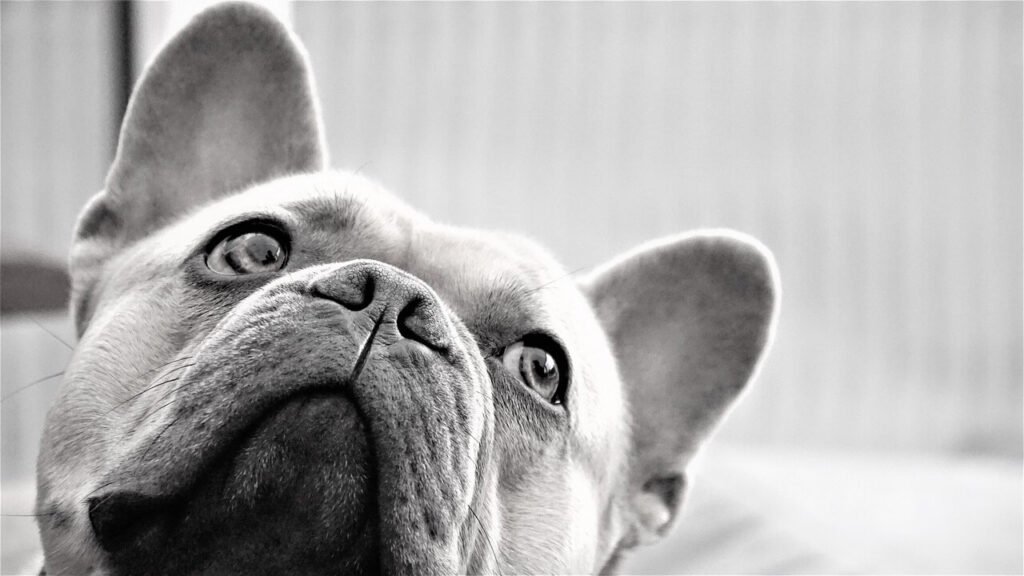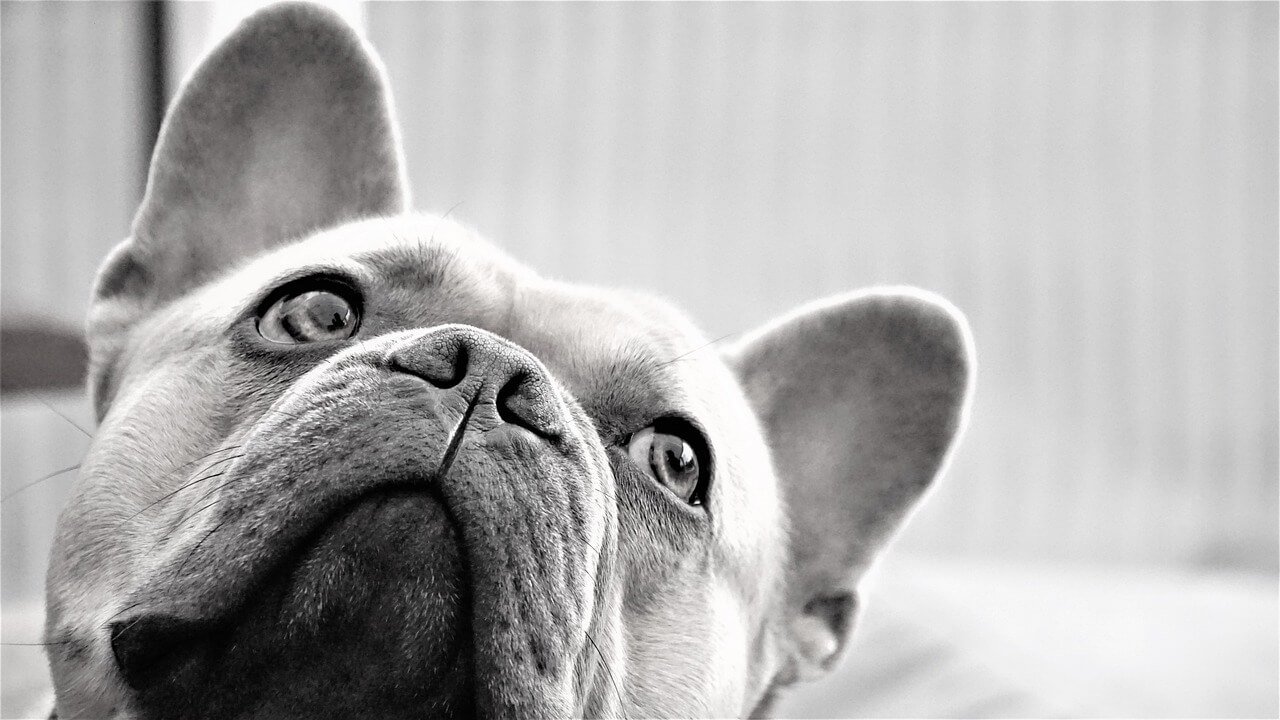Can Dogs Eat Basil? What Every Pet Owner Should Know
When it comes to sharing food with our furry friends, we often wonder what’s safe and what’s not. Basil, a fragrant herb commonly used in cooking, is packed with flavor and nutrients—but can dogs eat basil? As pet owners, it’s important to ensure that any human food we share with our dogs is both safe and beneficial for them. In this blog post, we’ll explore whether basil is a dog-friendly herb, its potential benefits, risks, and how to safely incorporate it into your pup’s diet. Let’s dive in and find out if this aromatic herb deserves a spot on your dog’s plate.
Is Basil Safe for Dogs? Key Considerations
Basil is generally considered safe for dogs to eat in small amounts. However, there are a few factors to keep in mind before offering it to your furry friend. Here’s what you need to know:
Non-Toxic Herb: Basil is not toxic to dogs, making it a safer option compared to many other herbs or spices.
Rich in Antioxidants: Basil contains antioxidants like flavonoids and beta-carotene, which can support your dog’s immune system.
Low-Calorie Snack: With minimal calories, basil can be a healthy addition to your dog’s diet without adding extra weight.
Potential Allergies: Some dogs may have sensitivities to new foods, so monitor for adverse reactions after introducing basil.
Avoid Seasoned Basil: Always serve plain, fresh basil—avoid anything mixed with oils, salt, or other seasonings that could upset your dog’s stomach.
While basil is safe in moderation, it’s essential to introduce it gradually and observe how your dog reacts. As with any new food, moderation is key.
Potential Benefits of Basil for Dogs
Incorporating basil into your dog’s diet can offer several health benefits thanks to its nutrient-rich profile. Here’s how this humble herb might positively impact your dog’s well-being:
Boosts Immune Health: The antioxidants in basil help combat free radicals, reducing oxidative stress and supporting overall immune function.
Supports Digestive Health: Basil has mild anti-inflammatory properties that may soothe digestive issues like bloating or gas.
Promotes Healthy Skin and Coat: Vitamins A and K in basil contribute to skin health and a shiny, lustrous coat.
Anti-Inflammatory Effects: Basil’s natural compounds can help reduce inflammation, which is beneficial for dogs with joint pain or arthritis.
Improves Oral Health: Chewing on fresh basil leaves may help freshen breath and reduce bacteria in the mouth.
While basil offers these benefits, it should complement—not replace—a balanced diet tailored to your dog’s nutritional needs. Always consult your vet before introducing new foods.
Check this guide 👉Can Dogs Eat Honey? Best 7 Health Tips!
Check this guide 👉Can Dogs Eat Pomegranate? Best 7 Expert Tips!
Check this guide 👉Can Dogs Eat Potatoes? Best 7 Expert Tips!

Benefits of Basil for Dogs | Risks of Feeding Basil to Dogs |
|---|---|
Rich in antioxidants | Potential allergies or sensitivities |
Supports immune function | Overfeeding can cause digestive upset |
Promotes healthy skin and coat | Not nutritionally necessary |
Anti-inflammatory properties | Avoid seasoned or cooked basil |
May improve oral health | Large amounts could irritate the stomach |
How to Safely Introduce Basil to Your Dog
If you decide to share basil with your dog, preparation and portion control are crucial. Follow these steps to ensure it’s done safely:
Start Small: Offer just a tiny amount of fresh basil to see how your dog reacts before increasing the portion size.
Serve Plain and Fresh: Avoid using dried basil or basil from sauces, as these may contain additives or excessive sodium.
Chop It Up: Cut basil into small pieces to prevent choking hazards and make it easier for your dog to digest.
Mix with Food: Sprinkle finely chopped basil over your dog’s regular meals to enhance flavor without overwhelming them.
Monitor for Reactions: Watch for signs of digestive upset, such as vomiting, diarrhea, or excessive gas, after introducing basil.
By taking these precautions, you can minimize risks while letting your dog enjoy the subtle flavors and potential benefits of basil.
Signs Your Dog May Have Eaten Too Much Basil
Even though basil is non-toxic, overfeeding can lead to uncomfortable symptoms for your dog. If your pup accidentally consumes too much, watch for these warning signs:
Upset Stomach: Basil contains fiber, which can cause bloating or diarrhea if eaten in large quantities.
Vomiting: Excessive amounts may irritate your dog’s digestive tract, leading to nausea or vomiting.
Lethargy: Digestive discomfort can leave your dog feeling tired or uninterested in usual activities.
Loss of Appetite: If your dog feels unwell, they may refuse to eat their regular meals.
Dehydration: Persistent vomiting or diarrhea can lead to dehydration, requiring immediate attention.
If you notice any of these symptoms, reduce or eliminate basil from your dog’s diet and consult your veterinarian if the issue persists. Prevention is always better than managing complications later.
Safe and Nutritious Alternatives to Basil
If you’re looking for other herbs that are safe and beneficial for your dog, there are plenty of options to consider. These alternatives are not only nutritious but also easy on your dog’s digestive system compared to some human foods. Here are some great choices:
Parsley: Rich in vitamins A, C, and K, parsley can freshen breath and support kidney health when given in moderation.
Cilantro: Contains antioxidants and may help reduce inflammation, making it a healthy occasional treat.
Mint: Known for its breath-freshening properties, mint can aid digestion and soothe upset stomachs if served plain and in small amounts.
Dill: This herb is packed with vitamins and minerals, promoting digestive health and adding flavor to meals without added calories.
Oregano: Contains antibacterial properties and antioxidants, but should only be given in very small quantities due to its strong flavor.
These herbs are not only safe but also offer unique benefits for your dog’s health. Always introduce new foods gradually and in moderation.
Common Human Foods That Are Harmful to Dogs
While exploring safe snacks like basil, it’s equally important to know which foods to avoid. Some human foods can be toxic or harmful to dogs, even in small amounts. Keep these items off the menu:
Chocolate: Contains theobromine, which is highly toxic and can cause seizures or heart problems.
Onions and Garlic: Can damage red blood cells, leading to anemia in dogs.
Grapes and Raisins: Even small amounts can lead to kidney failure.
Avocado: Contains persin, which can upset your dog’s stomach and harm certain breeds.
Alcohol: Any form of ethanol is extremely dangerous and can be fatal.
By being aware of these hazards, you can ensure your dog stays safe and healthy. Always double-check before sharing any human food with your furry friend.
What to Watch For If You Suspect Poisoning
Even the most vigilant pet owners can sometimes miss when their dog gets into something they shouldn’t. Knowing the signs of toxicity can save precious time in seeking treatment. Here are symptoms to watch for if you suspect your dog has eaten something harmful:
Vomiting or diarrhea, often accompanied by lethargy or weakness.
Excessive drooling or foaming at the mouth, indicating oral irritation or nausea.
Difficulty breathing or rapid panting, which could signal respiratory distress.
Seizures or tremors, suggesting neurological involvement from toxins.
Loss of appetite or refusal to drink water, signaling internal discomfort.
If you notice any of these symptoms, contact your veterinarian or an emergency animal clinic immediately. Quick action can make all the difference in preventing serious complications.
Frequently Asked Questions About Dogs and Basil
Can dogs eat basil leaves?
Yes, fresh basil leaves are safe for dogs in small amounts but should be plain and free of seasoning.
How much basil can I give my dog?
Stick to a few small leaves or finely chopped pieces at a time to avoid digestive upset.
Is dried basil safe for dogs?
Dried basil is less ideal because it’s more concentrated and may contain additives; fresh basil is a better choice.
Can basil help with my dog’s bad breath?
Chewing on fresh basil may help reduce bacteria in the mouth, improving breath temporarily.
What should I do if my dog eats a lot of basil?
Monitor for signs of digestive upset and contact your vet if symptoms persist or worsen.
Final Thoughts: To Share or Not to Share?
When it comes to feeding your dog basil, the answer lies in moderation and careful preparation. While this fragrant herb isn’t toxic, it’s not a necessity in your dog’s diet either. Always prioritize a balanced, species-appropriate diet and consult your veterinarian before introducing new foods. Remember, your dog’s health and happiness depend on mindful choices, and sometimes the simplest treats—like a piece of apple or a carrot—are the safest options. By staying informed and cautious, you can ensure your furry friend stays healthy and enjoys life to the fullest!
Do Cats Have Taste Buds? Best 7 Expert Tips! – Discover how cats experience flavors and why their taste is so unique.
Do Dogs Have Taste Buds? Best 7 Expert Tips! – Discover how dogs experience taste, their preferences, and what it means for their diet and health.
Can Cats Taste Sweet? Best 7 Expert Tips! – Discover why cats can’t taste sweetness, how it affects their diet, and tips to keep them healthy and happy.
Can Dogs Taste Sweet? Best 7 Expert Tips! – Discover how dogs perceive sweetness, which foods are safe, and tips to manage their sweet cravings responsibly.





